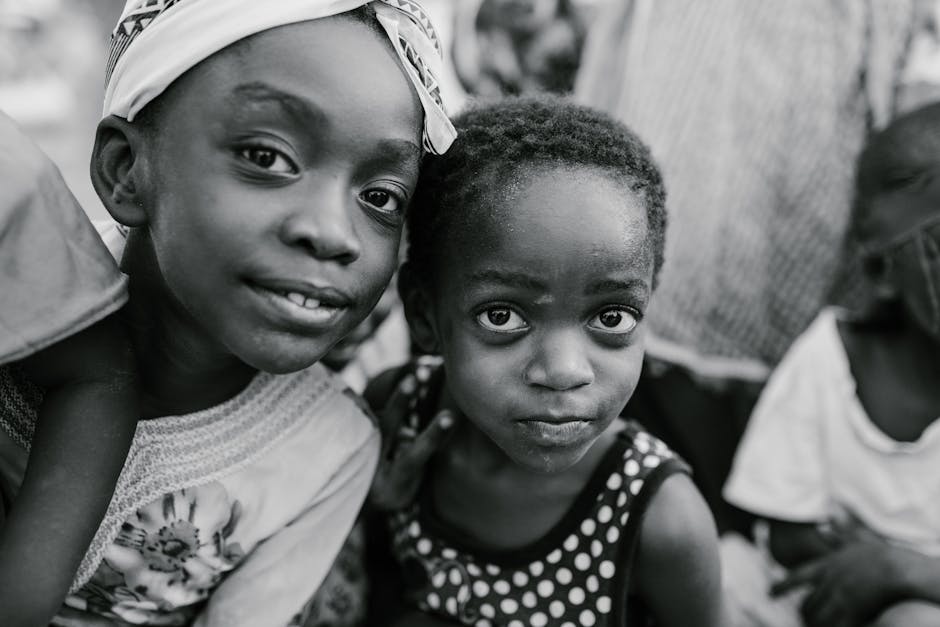
Indigenous Cultures and Their Rich Heritage
Indigenous Cultures and Their Rich Heritage
Indigenous cultures have existed for thousands of years, preserving their unique customs, traditions, and knowledge that has been passed down through generations. Their rich heritage provides valuable insights and perspectives on the human experience.
Throughout history, indigenous cultures have faced numerous challenges, including colonization, forced assimilation, and discrimination. Despite these hardships, they have managed to preserve their traditions and hold onto their identity.
Today, there is a growing appreciation for indigenous cultures and their contributions to humanity. People are recognizing the importance of protecting their cultural and linguistic diversity.
Customs and Traditions
Each indigenous culture has its own set of customs and traditions, which reflect their deep connection to the land, nature, and community. These customs often revolve around spiritual beliefs, rituals, and ceremonies.
For example, the Maori people of New Zealand have a strong tradition of haka, a powerful and energetic dance performed on special occasions. This dance serves various purposes, including welcoming guests, honoring ancestors, and instilling a sense of unity.
Inuit people, who inhabit the Arctic regions of North America, have unique customs related to hunting, fishing, and survival in extreme conditions. Their clothing, tools, and techniques are adapted to the harsh environment they inhabit.
Contributions to Humanity
Indigenous cultures have made significant contributions to various fields, including art, medicine, agriculture, and environmental conservation.
The ancient Mayan civilization, for instance, developed sophisticated agricultural techniques that allowed them to sustain large populations. They also had a deep understanding of astronomy and created accurate calendars.
Another notable contribution can be seen in the field of traditional medicine. Many indigenous communities have holistic healing practices that incorporate natural remedies obtained from plants and herbs.
Preserving Indigenous Cultures
Preserving indigenous cultures is crucial for maintaining the diversity of our global heritage. It involves supporting indigenous communities in their efforts to revitalize their languages, arts, and traditional knowledge.
Education plays a vital role in this process. By incorporating indigenous history, culture, and perspectives into school curricula, we can create a more inclusive and respectful society.
Supporting indigenous-owned businesses and organizations is another way to contribute to the preservation of their cultures. By purchasing handmade crafts, artwork, or participating in indigenous tourism, we can help these communities thrive.
In conclusion, indigenous cultures hold immense value and are an essential part of our shared human heritage. By celebrating and preserving their customs, traditions, and contributions, we can foster a more inclusive and harmonious world.
